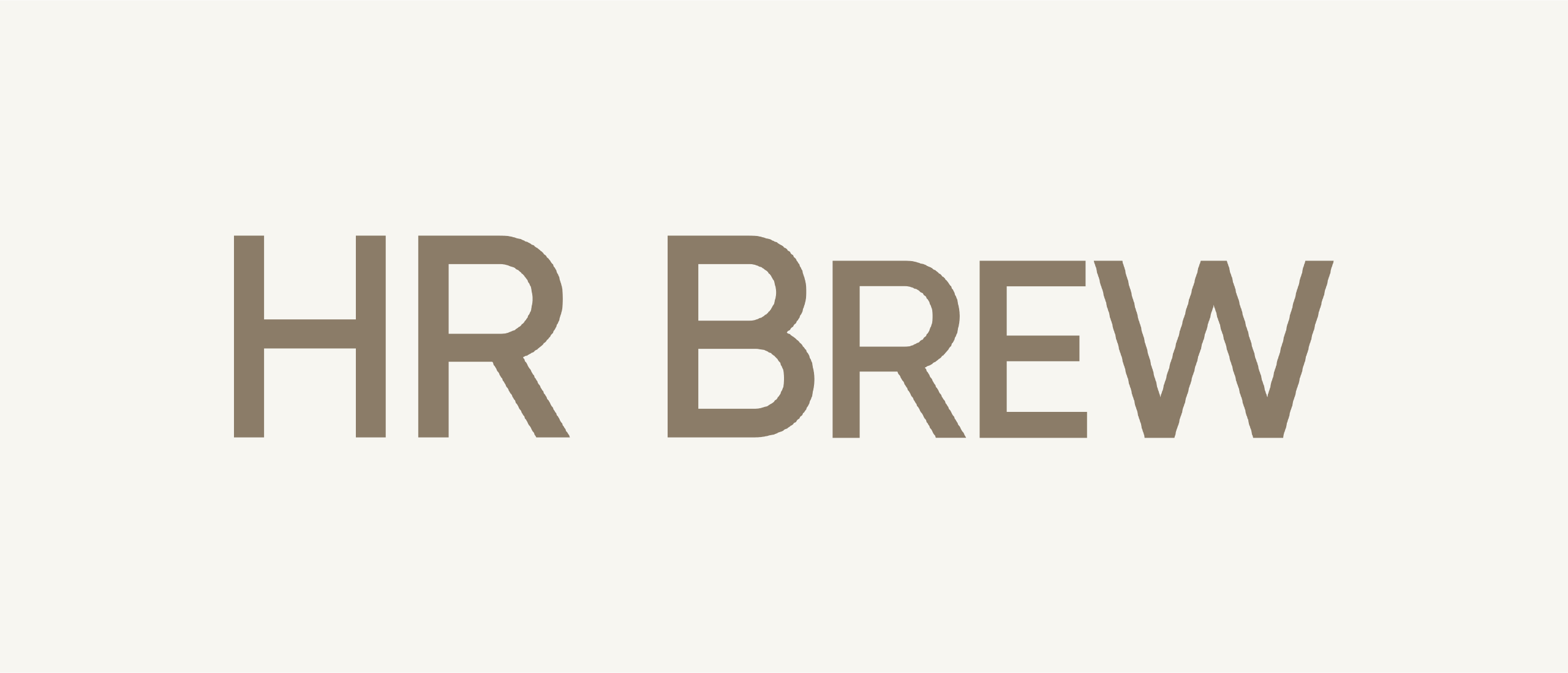Two years later, workers look back at the moment Covid turned their work lives upside down
We asked employees to tell us what they remember about the month their work places radically changed.
When HR Brew asked human-resources professionals about the choice to go remote in the spring of 2020, they emphasized that the decision came from a place of care. As time went on, HR sometimes felt like the “wet blanket,” as Carla Yudhishthu, Mineral’s chief people officer, put it, when they told executives that no, it wasn’t the time to reopen offices. Still, they were steadfast in the decision.
“We want to be on the forefront of a lot of things,” Yudhishthu told HR Brew, “We don’t want to be on the forefront of going back before it is safe.” For HR leaders watching the Covid data daily, the decision to keep workers home and out of physical harm’s way may have been crystal clear, but for their workers, the emotional stress sometimes weighed just as heavy as the physical threats.
HR Brew caught up with the working professionals that human resources departments supported, to hear how they rolled with the punches, stayed sane, and carried the emotional weight of Covid when they were physically safe at home but increasingly isolated in the spring of 2020.
Gallows humor. At first, it was all so absurd that it was “kind of funny.” At least, that’s how Harry Napell, analyst at Accenture Federal Services, remembers it.
“It went from, ‘Oh, cool. I get to work from home. This is kind of funny to see how long my beard can get. I don’t need to shower—that’s convenient,’ to being like, ‘Oh my God, I look like shit.’ And then going down from there.”
We’re gonna be here for a while. Napell was initially told he’d be working remotely for a single Friday as a test. Before the test day had run its course, the employees received a new announcement: They were remote indefinitely.
“So this meant everyone had left all of their crap at the office,” Napell said, including his coworkers’ sweaters, shoes, keys, and Napell’s Costco-sized container of peanut-butter pretzels. Napell said that as the days went on, he lost his sense of time working from home.
“I had zero awareness of anything else going on, besides the fact that I wasn’t allowed to leave my apartment. I just got up, and I went to the kitchen table. I did that, and I went back to bed, basically, because there were no sports to pay attention to. There was no reason to pay attention to the weather because I was never going outside…So it felt not real because time didn’t matter,” Napell said.
Step into my (home) office. One of the most pressing problems facing many Americans was, “Where would they work?” Even the most affluent households generally had not designed their floor plans for two full-time, working-from-home adults, plus some number of children attempting to learn remotely.
When Amy Rice, senior communications director at Workhuman, thinks back on spring 2020 what she remembers most is the noise. She called it “absolute chaos.”
“My kids [are] zoom-bombing in, screaming. The one-year-old couldn’t talk, obviously, couldn’t even walk. So she literally was loud to get your attention,” Rice said. Rice invested early in bidirectional Bose noise-canceling headphones.
Dreams disrupted. Nathan Lafata was 15 months into his Peace Corps service in Myanmar when he found out that the Peace Corps was evacuating volunteers. Lafata, who lived in a remote village with sporadic access to the internet, had been aware of the pandemic but had hoped he would be able to continue working abroad. He told HR Brew that he was “shell-shocked” “emotionally, mentally, physically, [and] spiritually” by the news of the impending evacuation.
Lafata had only a handful of days to get from his remote station to the capital city and depart. He understood the decision to evacuate—as he said, “it’s a pandemic.”
Still, the hasty departure ripped him from a job that was all about building connections.
“I never had [the chance to say], ‘I’m going I’m gonna miss you all. Thank you all so much,’” Lafata said. “You’ve been in this community, and you’ve eaten with them, you’ve gone to their weddings…I’ve been there for death. I’ve been there for birth…You’re in these people’s lives and suddenly it’s like, you got to go.”
When Lafata returned to the US, he went back to his parents’ home in West Virginia where he remained “in a funk” for about a year before applying his passion for development toward graduate work in sustainability at the University of Florida.
“I’m a lot better now than I was two years ago for sure. And I think this goes to just prove just resiliency for all people,” Lafata said. “A lot of punches are thrown at us. So it’s how you get back and pick yourself up after these punches—and Covid sent a punch to everybody. All across the world, all 8 billion of us.”—SV


